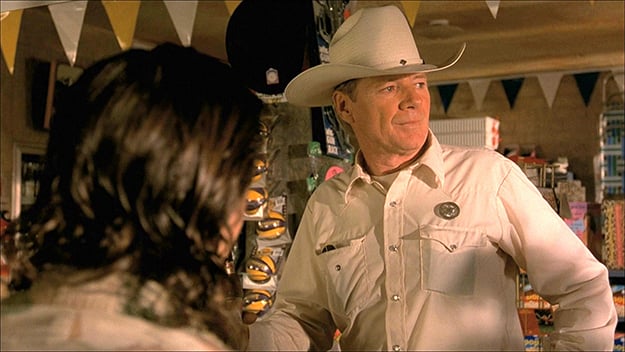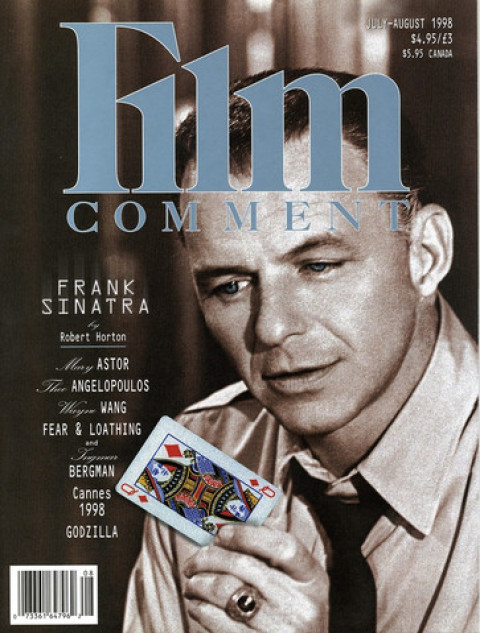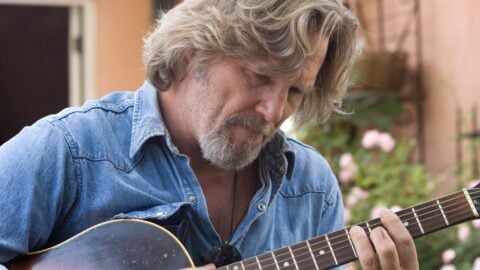The following is an excerpt. Purchase the July/August 1998 issue to read the full feature.

From Dusk Till Dawn
[T]he rediscovery I’m enjoying the most at the moment is Michael Parks, the Sixties “troubled youth” actor who’s been reborn in the Nineties as a bottomlessly odd character man. Tagged with the “next James Dean” label as the star of Wild Seed and the William Inge-scripted (but disowned) Bus Riley’s Back in Town in 1965, Parks seemed never to get out from under the expectations. He played Adam in John Huston’s The Bible (talk about expectations), and the brooding lead role in the TV series “Then Came Bronson,” a guy riding his motorcycle around America. I can’t remember the show well, except that it captured a certain cool, and Parks was born to ride a chopper.
It isn’t as though he disappeared at that point, but Parks certainly fell off the radar screens of average moviegoers. A list of his credits leads one into the netherworld of B-movies and made-for-television projects, with the occasional flicker of interest: say, playing Robert Kennedy in Larry Cohen’s Private Files of J. Edgar Hoover. Probably it was his turn as Jean Renault in “Twin Peaks” that reminded a lot of people of his existence, and his ability to maintain a distinctive weirdness within the already-bent parameters of the David Lynch universe reconfirmed him as a formidable presence.
Perfectly logical that Parks would then make the leap to the Quentin Tarantino corral, and the opening scene of the Tarantino—Robert Rodriguez From Dusk Till Dawn was the actor’s reward. Say what you will about this badass-movie-to- end-all-badass-movies, Michael Parks nails the first five minutes. Trim and solid, with narrowed eyes, he plays a Texas Ranger who stops into Benny’s World of Liquor for a bottle of Jack Daniel’s one hot afternoon. Chatting with the greasy-haired guy behind the counter, Parks is all shifty glances and nervous tics, knowing that a pair of bank-robbing desperados are headed toward the area, but unaware that they are hiding inside the World of Liquor itself. Even with the rat-a-tat goofiness of Tarantino’s dialogue—there’s a riff about a retarded kid cooking over at a local diner—Parks manages to sketch a very specific portrait. The way his voice unexpectedly softens when he acknowledges the body count up in Abilene (“Yeaaahhhh … they killed four Rangers….”) sounds like a guy deeply and suddenly spooked by his own mortality. Good timing for such thoughts: he’s about to leave the movie, the victim of a bullet fired by Tarantino himself.
In Sarah Kelly’s Full Tilt Boogie, a documentary on the making of Dusk, Tarantino describes writing the role with Parks in mind, tailoring his dialogue for the actor’s anxious, drawn-out rhythms. Parks himself is interviewed in his Ranger get-up, talking about disappearing into the mountains (“I spend a lot of time at liberty”), Jean Renoir, and “finding out about other people” as the point of acting. He does exactly what he does in his performances: he makes you want to know more.








